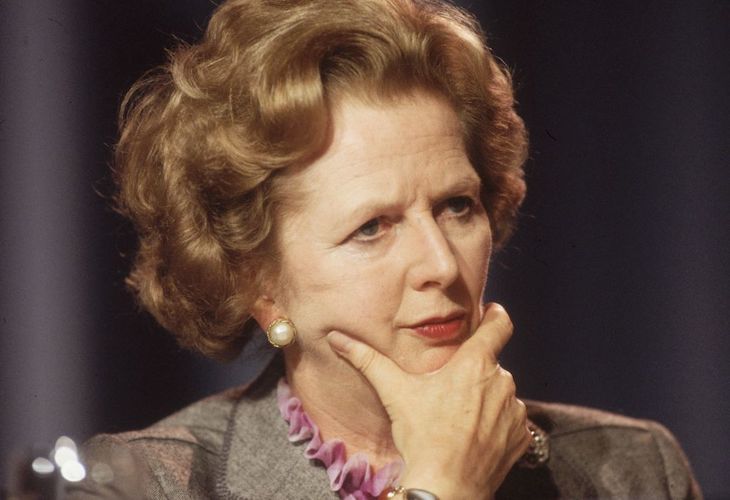There are many rituals surrounding the placement of a new Japanese Emperor on the Chrysanthemum Throne. Perhaps the most peculiar is the would-be emperor’s encounter with aquasi-sacred, 1300-year-old bronze mirror, the Yata no Kagami. This object, which embodies ‘wisdom’, is so enigmatic the aspirant emperor isn’t even allowed to see it; instead, functionaries are sent to assure the mirror of the new emperor’s fidelity. Some historians believe the mirror no longer exists, and was lost in a fire in Honshu’s Ise Shrine, 980 years ago.
Already a subscriber? Log in
Subscribe for just $2 a week
Try a month of The Spectator Australia absolutely free and without commitment. Not only that but – if you choose to continue – you’ll pay just $2 a week for your first year.
- Unlimited access to spectator.com.au and app
- The weekly edition on the Spectator Australia app
- Spectator podcasts and newsletters
- Full access to spectator.co.uk
Or




















Comments
Don't miss out
Join the conversation with other Spectator Australia readers. Subscribe to leave a comment.
SUBSCRIBEAlready a subscriber? Log in